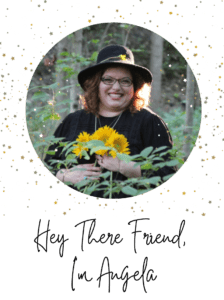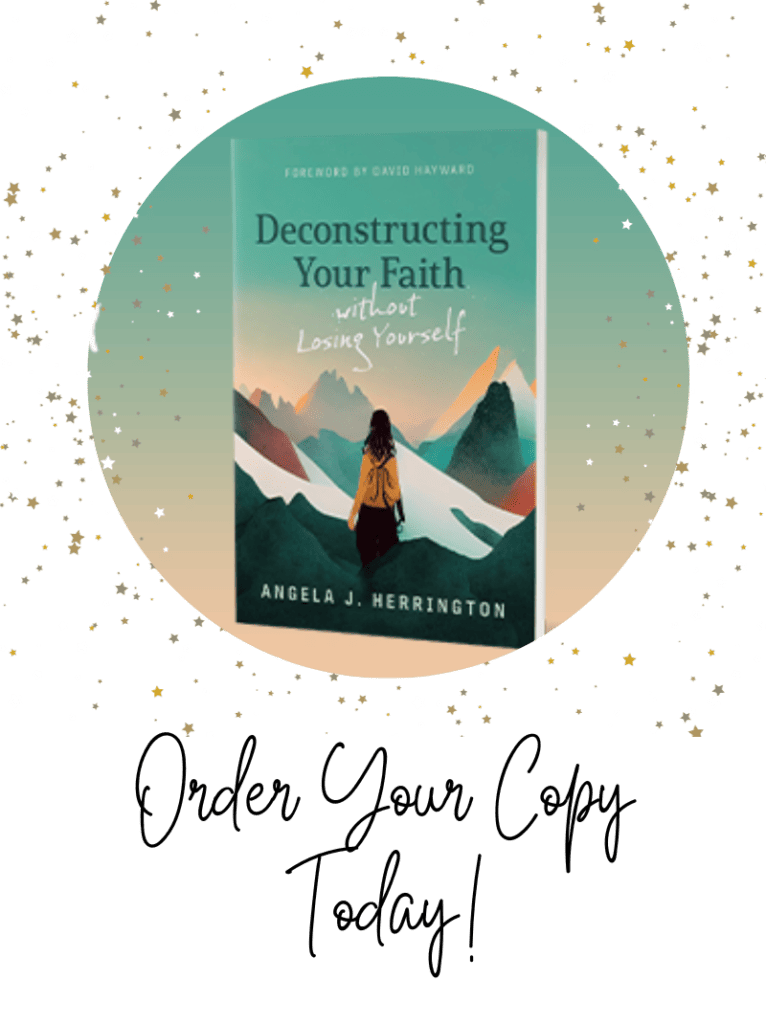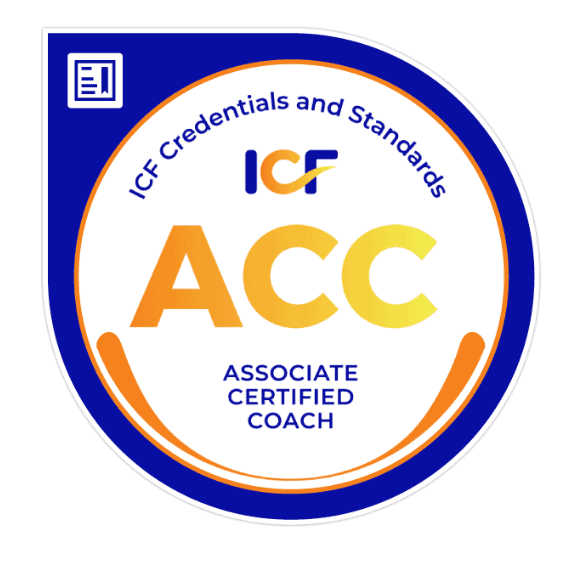Wonder if deconstructing your faith without losing family and friends, is even possible?
The short answer is yes, sometimes, but it’s complicated! Many people ask this question when they begin questioning their religious beliefs. They wonder how to maintain relationships with family and friends who still practice toxic religion and express zero desire to explore hard questions.
In this blog post, we’ll talk about strategies for keeping those relationships strong while staying true to yourself no matter what!
Before we dive in, I want to add two disclaimers here:
Disclaimer #1: You won’t be able to maintain all of your relationships while deconstructing your faith because you’re not 100% in charge of those relationships.
Some people are not going to be willing to go on this journey with you, and you may not be able to have a healthy relationship with them. I”ll be honest, this has happened to me and everyone else I know who has challenged toxic religion.
Disclaimer #2: There is an excellent chance you’re in some relationships that you shouldn’t try to keep.
Christians, specifically Christian women, grow up believing that staying in an unhealthy relationship is a sign of godliness and patience. It’s actually a sign of co-dependency and the enabling behavior that’s normalized in most Christian spaces.
As long as you are willing to hold those two disclaimers as true, we can move into some helpful tactics for keeping good relationships while deconstructing your faith.
The first step is to let go of the idea that you have a responsibility, as someone who is deconstructing your faith, to tell others about it.
There are plenty of people out there telling others what’s wrong with toxic religion and toxic churches; you don’t need to be one of them if you’re not ready to share your story.
If people ask, and you’re ready to spill the beans, just let them know as much as you’re comfortable sharing and remind yourself it’s not your job to make sure other people know all the things. Fair warning: people may get annoyed if they expect you to be an open book and tell them everything, so it’s a great idea to have a couple of “canned” statements just in case you need an out.
Canned statements are things that slow down or put a stopper in the conversation so you can sidestep if needed.
I don’t recommend lying or promising things that aren’t true. That just feels gross, and the people who know you best will probably see through it. I’d also encourage you to stay away from making promises about how it’s all going to come out in the end. Because if we are honestly putting everything on the table, we aren’t in control of the ending.
Examples of canned statements to keep in mind:
- I’m exploring many new things about my faith and I’m learning a lot about who God is.
- I’m learning a lot of good things I just can’t put into words yet, but I’d love to talk to you about it when these ideas are fleshed out.
- I’m asking God a lot of questions and spending more time listening than talking.
- My faith is really important to me, so I’m putting in the time to work out some things with God.
- We all wrestle with things we don’t understand, right? That’s just the season I’m in right now.
The second step is to privately, in your own time, decide what (if anything) you want to label your faith.
Remember, you don’t have to identify as an atheist just because you’re challenging your faith. I, along with many people I know who’ve deconstructed, still call myself Christian. But that doesn’t mean you have to. The key is to detach from toxic religion so you can sit with the healthy parts of your faith. Sometimes there’s an additional adjective like progressive or feminist, but you get to choose that for yourself. It can be helpful to define where you’re at right now for yourself and those few people you can trust with this conversation. This work is for you, not anyone else, so trust your gut here.
You are not obligated to label yourself to make other people more comfortable. Their discomfort is not your problem.
Deconstruction is an opportunity to deepen your faith, not just a rejection of what you experienced in the past. You get back complete ownership of your faith, and the whole deconstruction process becomes a way to settle who you were always meant to be.
Regarding your friendships and family relationships, not everyone gets to enter this circle of information with you. Setting healthy boundaries with people you love will be vital to deconstructing your faith. It allows you to choose how far into your inner sanctum people are allowed.
The third step is to be aware that not everything
is about you.
You’re going to get some pushback, and emotions may fly around all over the place, so it’s going to be essential to know what is our responsibility and what is not. Then, make a commitment not to take responsibility for other people’s stuff.
I know it’s difficult, but if you can learn how to do this, it will literally save your life.
– Be mindful of what your family and friends are going through, but don’t take responsibility for it. For example, the people who care about you might be scared, disappointed, or angry as you challenge what they taught you. That’s okay for them and it’s okay for you as long as you’re not blaming yourself for their feelings and making it your job to “fix them.” This will be particularly challenging if you’ve been groomed for codependency. Do it anyway. Have your therapist on standby to help you learn how to let other people be responsible for themselves.
– Try to keep the conversation light until you’re ready to have deeper conversations. Choose some common ground outside religion. Things like common interests, favorite sports teams, or shared hobbies will help you stay in the neutral zone with people to whom you want to remain connected. If they wade into your deconstruction and you aren’t ready, use some of the canned phrases above and switch back to a safer topic.
The hard truth is that there will be people who have ZERO desire to honor your boundaries around your faith. You may have to limit exposure to people you care deeply for if they choose to be belligerent, set you up for public arguments, or make fun of the sacred work you’re doing.
Honoring your boundaries is what you need from your friends and family, so hold tight to the knowledge that a healthy relationship is one where both people get their needs met, not just one person!
Deconstructing your faith boils down to taking ownership of who you are and what you believe.
You have the power to untangle yourself from toxic religion and toxic relationships and shape your faith into something good and holy.
There’s no denying that deconstructing your faith brings with it some very real challenges. But if you commit yourself to these tips, strategies, and healthy boundaries you will spend less time managing other people’s expectations.
What do you think? Will these techniques help you maintain relationships with religious family and friends?
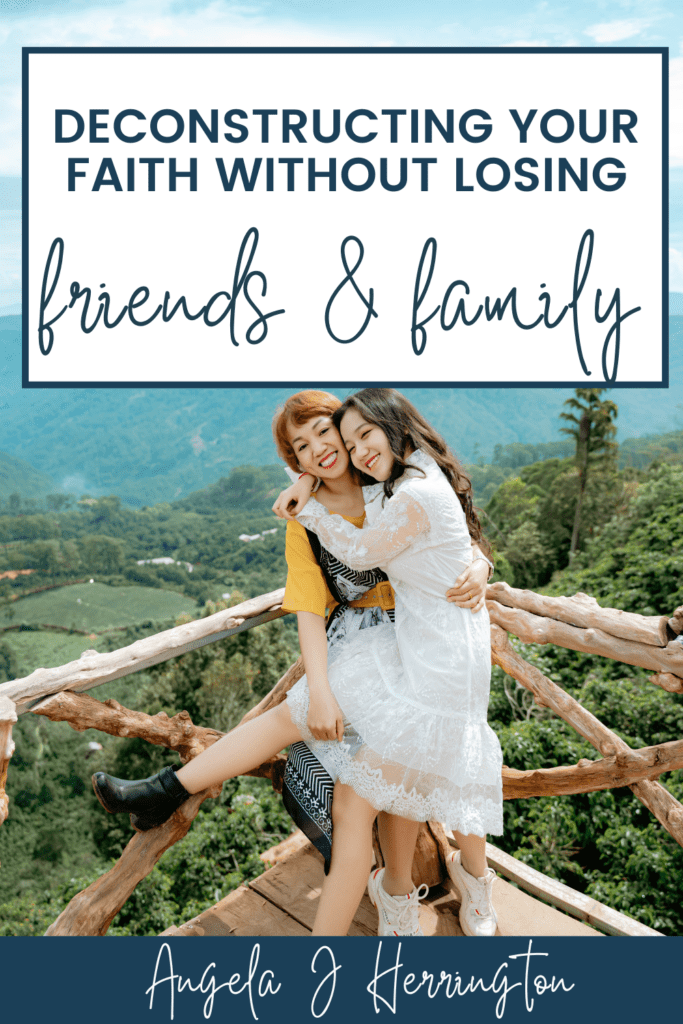
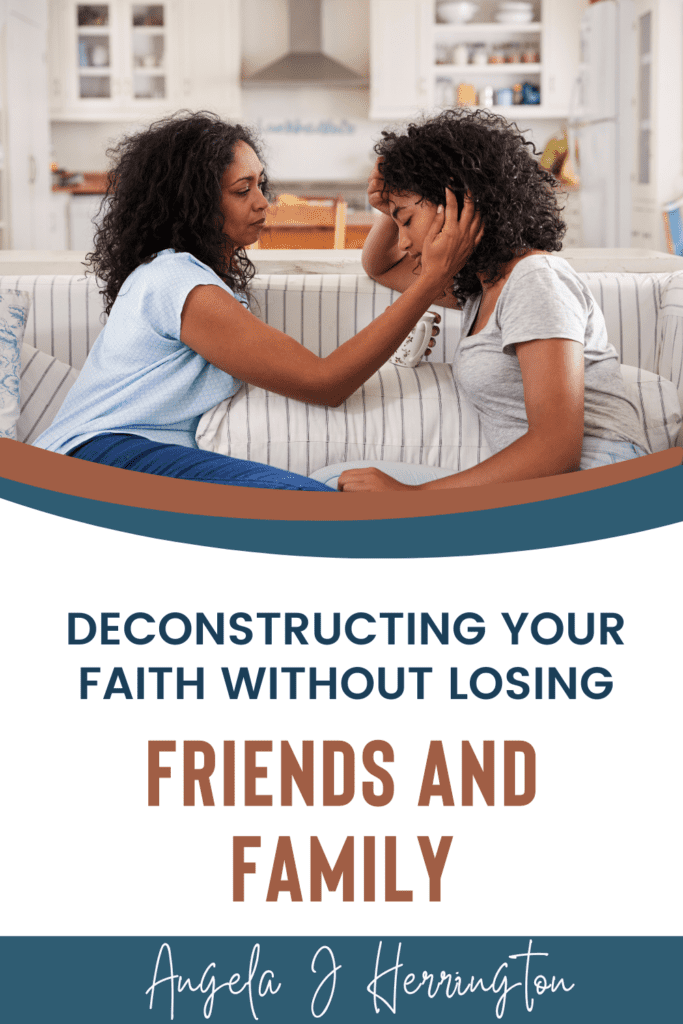
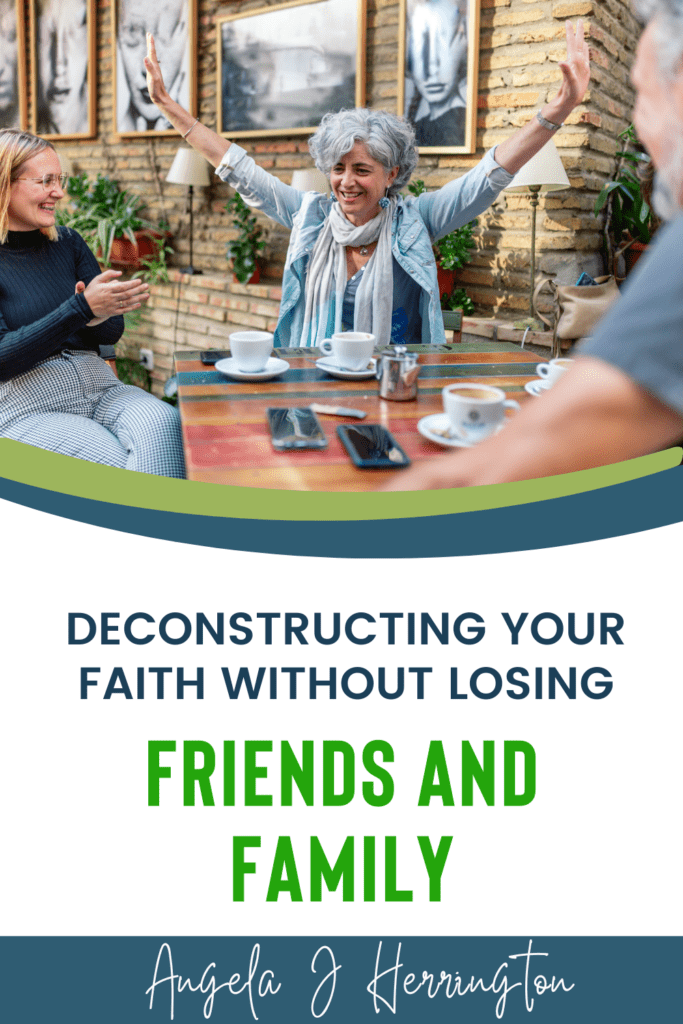
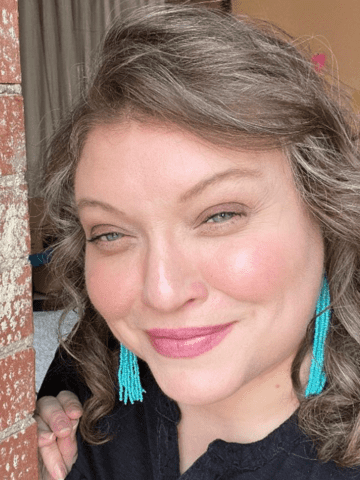
Angela is a Faith Deconstruction Coach and host of The Deconstructing Faith Summit who helps people break free from toxic religious culture & empowers them to recover from #churchhurt. She has led online ministries for a decade, enjoys working with clients 1:1, in groups, and is a dynamic conference speaker. She’s a Lark’s Song Certified Life Coach who reaches thousands of people in 40+ countries each month on Facebook, IG, Twitter, Pinterest, and her blog.
She’s a firstborn, Enneagram 8, Gen Xer who loves to question everything. She holds a BA from Indiana Wesleyan and a Masters in Leadership from Wesley Seminary. Her graduate research project focused on leadership development and opportunities for Gen X women in the US church.
Angela and her unique online ministry are featured in Lyz Lenz’s 2019 book God Land: Story of Faith, Loss, and Renewal in Middle America. She has published articles in Hope for Women and HOPE is Now magazines. She has been featured in The New Republic, Publisher’s Today, and Religion News Service.
Her first book, Deconstructing Your Faith Without Losing Yourself, Will be published by Eerdmans in February 2023.
Angela is also a wife, mom to 5, and a proud resident of Marion, Indiana with her family when they’re not traveling the US in their RV.


